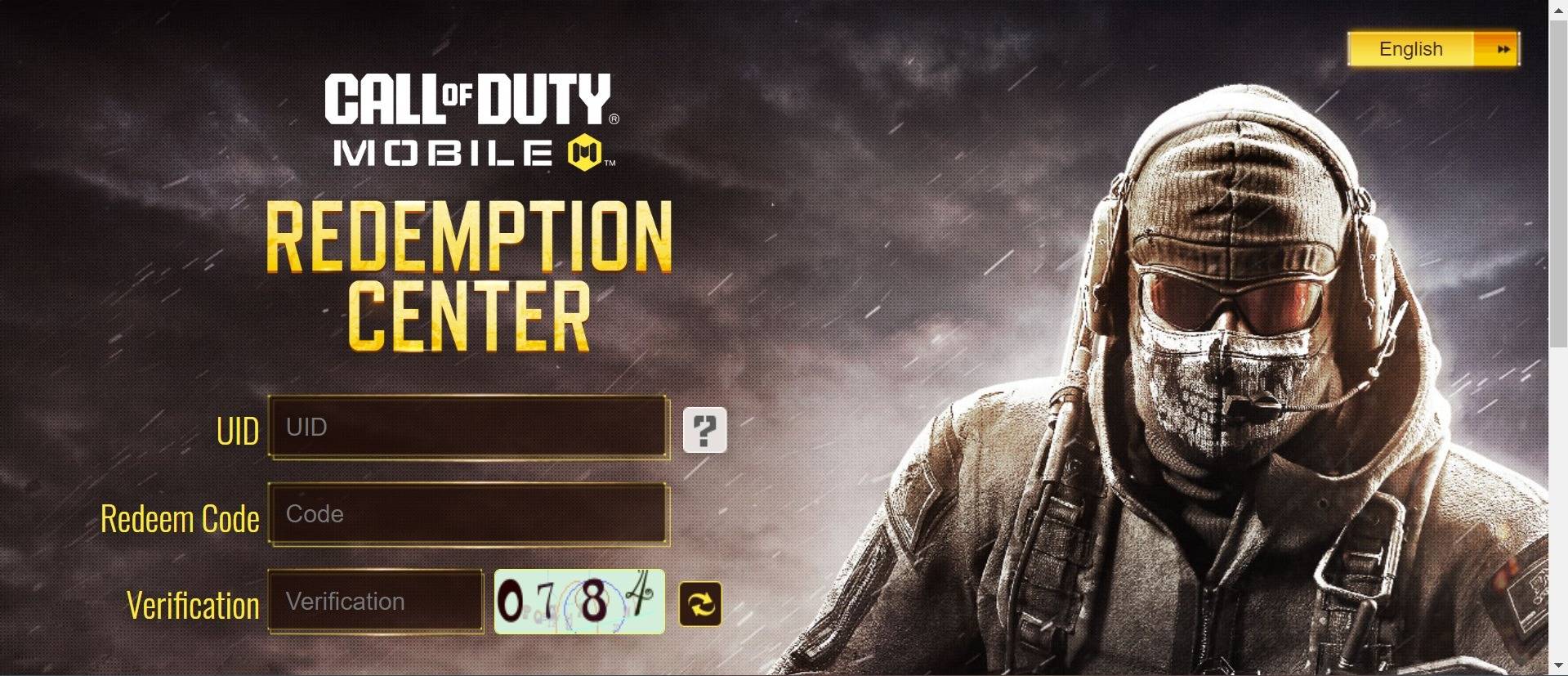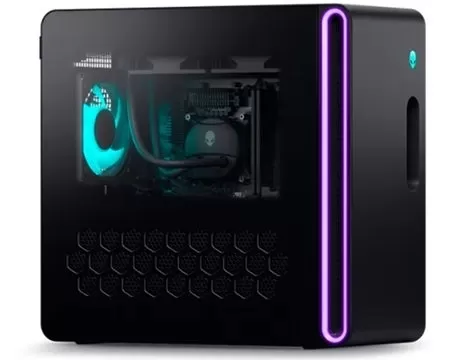In what may be a landmark moment for courtroom technology, a Florida judge and court officials recently donned virtual reality (VR) headsets to experience a key incident from the defendant’s point of view. This is believed to be one of the first—if not the very first—uses of VR in a U.S. courtroom, signaling a potential shift in how legal cases are presented and understood.
Despite having been around for years, VR has only recently become more accessible to mainstream consumers thanks to advancements like the Meta Quest series. These wireless, affordable headsets have made immersive experiences easier to set up and use, opening doors for applications far beyond gaming—including in legal settings.
A New Perspective in Legal Proceedings
The case in question involves a “stand your ground” hearing following an alleged altercation at a wedding venue in Florida. According to the defense, the defendant—who owns the venue—rushed to the scene after reports of escalating violence. Upon arrival, he allegedly found himself surrounded by an aggressive, intoxicated crowd, backed into a corner, and ultimately drew a firearm in self-defense. He now faces charges of aggravated assault with a deadly weapon.
To illustrate the defendant's state of mind and physical circumstances during the confrontation, the defense created a computer-generated (CG) recreation of the event. The simulation was viewed through Meta Quest 2 headsets, allowing court officials to experience the moment as if they were standing in the defendant’s shoes.
Why VR Could Be a Game-Changer in Courtrooms
While visual aids like photos, diagrams, and even 3D animations have long been used in trials, VR offers something entirely different: immersion. Unlike passive video or images, VR creates a sense of presence—making viewers feel as though they are inside the event being reconstructed. This level of realism could significantly influence how jurors and judges interpret events, especially when assessing claims of self-defense or fear for personal safety.
Legal experts suggest that this kind of VR demonstration could help foster greater empathy and understanding of a defendant’s mindset, potentially leading to fairer verdicts based on experiential context rather than just verbal testimony or static visuals.
The Practicality of VR in Court
This particular demonstration would likely not have been feasible without the portability and ease of use offered by the Meta Quest line. Unlike PC-tethered VR systems that require complex setups, Meta Quest headsets are standalone devices that can be used virtually anywhere—making them ideal for courtroom demonstrations.
If this case proceeds to a full jury trial, the defense plans to present the same VR experience to jurors, further testing the impact of immersive technology in legal decision-making. Should this trend catch on, we may see increased adoption of VR tools in legal proceedings, particularly in cases where perspective and perception play a central role.

As VR continues to evolve and become more integrated into everyday life, its potential to reshape industries beyond entertainment—like law—is becoming increasingly clear. Whether it becomes a standard part of courtroom procedure remains to be seen, but this Florida case may mark the beginning of a new era in legal storytelling and evidence presentation.








